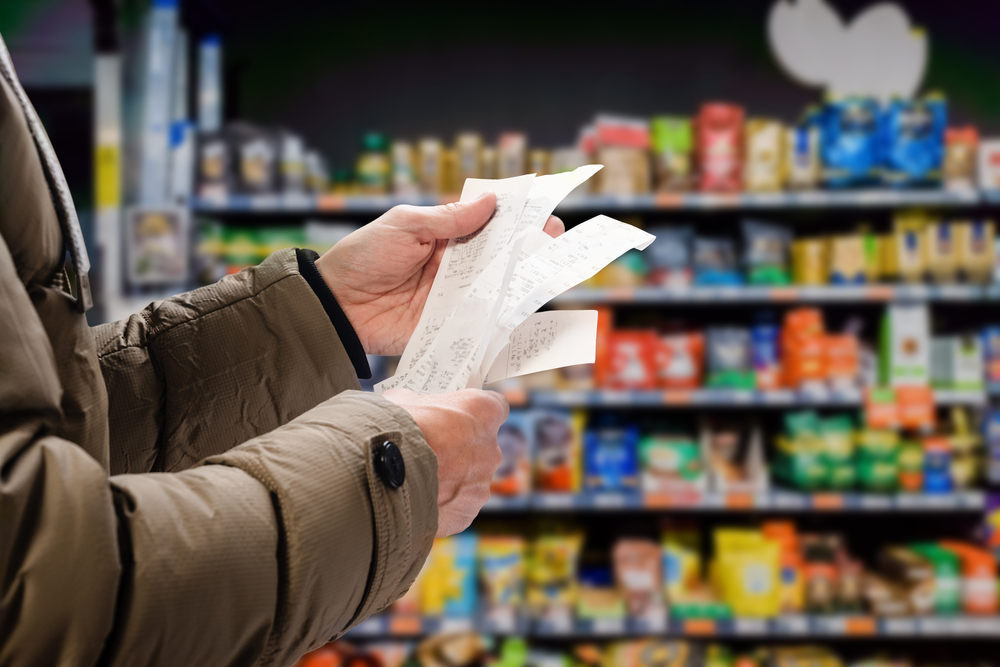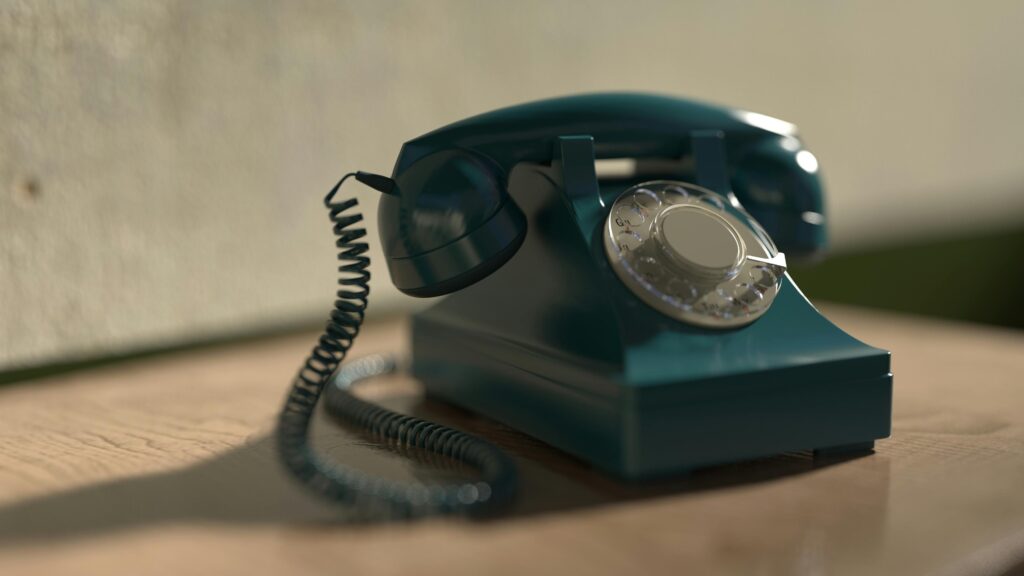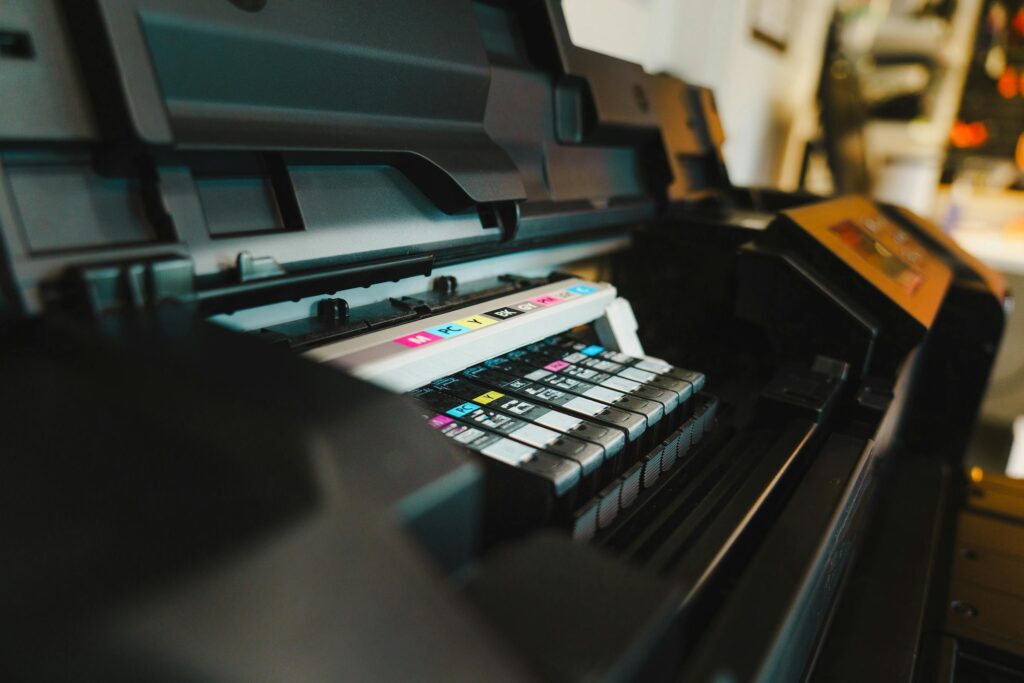Technology is advancing faster than ever. What was once a staple in everyday life now disappears without warning. Over the next decade, several items we currently use daily are expected to vanish or become rare. Whether it is due to digital alternatives, environmental regulations, or shifts in consumer habits, change is coming. Here are 13 common items that may be headed for extinction within the next 10 years.
Paper Receipts

As digital payment systems dominate the checkout process, paper receipts are falling out of favor. More retailers are moving toward email or SMS receipts as a cost-saving and environmentally friendly option. This shift also helps companies collect consumer data and reduce waste. In 10 years, paper receipts may become a rare sight, especially in countries pushing for paperless commerce.
Physical Car Keys

Traditional car keys with metal blades are quickly being replaced by smart keys, key cards, or even smartphone apps. Modern vehicles now offer push-start systems and remote entry options. As car manufacturers improve digital access and add biometric authentication, physical car keys may no longer be standard. Soon, unlocking and starting a car could be as simple as using your fingerprint or face.
Cable TV Subscriptions

The decline of cable television has already begun, with streaming platforms gaining massive popularity. Services like Netflix, Amazon Prime Video, and others allow on-demand viewing without commercial interruptions. With younger audiences cutting the cord and preferring flexible viewing experiences, cable subscriptions could disappear entirely in the coming decade.
Alarm Clocks

Smartphones have already replaced many standalone devices, and alarm clocks are a prime example. Most people now use mobile apps or smart speakers for their morning wake-up calls. Features like customizable alarms, sleep tracking, and gentle wake tones make these alternatives more appealing. Alarm clocks may soon become just a nostalgic item on thrift store shelves.
Checkbooks

While checks are still used in some places, their usage is shrinking. Online banking, digital wallets, and instant transfers offer faster and more secure payment options. Businesses and consumers alike are shifting away from check writing. Within 10 years, checkbooks may only exist as a backup or in specific legal scenarios.
Coins

Cash is still around, but coins are becoming less relevant. With the rise of contactless payments and digital wallets, the need for physical change is shrinking. Some countries have already phased out lower-value coins entirely due to production costs. As society moves toward a cashless future, coins may become collectors’ items rather than everyday tools.
USB Flash Drives

USB flash drives were once the go-to method for transferring files. Now, cloud storage services like Google Drive and Dropbox allow users to access files from any device. Smartphones, tablets, and laptops are increasingly designed without USB-A ports, making these drives harder to use. As internet speeds improve and cloud reliability grows, flash drives could become unnecessary.
DVD and Blu-ray Discs

Physical media is on its way out. Streaming services and digital downloads have taken over how people watch movies and shows. Devices without disc drives are becoming the norm. Even video game consoles are moving toward digital libraries. As content becomes more accessible online, DVDs and Blu-rays are quickly becoming obsolete.
Desktop Computers

While still essential for certain industries, desktop computers are being phased out in many homes and offices. Laptops and tablets are more portable and now offer enough power for most users. With cloud computing and remote work becoming the norm, the bulky home desktop may disappear. Only specialists in gaming, video editing, or software development might still use them regularly.
Read More: 13 Everyday Items You’ve Been Using Wrong
Landline Phones

Landline phones are fading fast. Mobile phones offer better connectivity, convenience, and features like messaging, apps, and GPS. Even businesses are switching to VoIP systems and mobile communication tools. As more people rely solely on smartphones, landlines could become relics of the past within a decade.
Inkjet Printers

Inkjet printers are frustrating for many. They require constant maintenance, expensive ink refills, and often have short lifespans. As businesses adopt digital documents and cloud storage, the need for home printing is decreasing. Better printing alternatives such as laser printers or commercial services are taking over. Within 10 years, inkjet printers may be used far less or disappear from homes entirely.
Physical Boarding Passes

Airports are already switching to digital boarding passes and biometric screening. Mobile check-in, QR codes, and facial recognition streamline the travel process. Physical boarding passes create waste and slow down security lines. In the next 10 years, passengers may only need their phones or faces to board a plane.
Plastic Shopping Bags

Due to rising environmental concerns, plastic shopping bags are being banned or taxed in many regions. Consumers are switching to reusable options, and retailers are adopting paper or fabric alternatives. Governments and environmental groups are pushing for global reductions in plastic use. Plastic bags may become a thing of the past, replaced by sustainable solutions.
A World of Fewer Physical Products

The items listed above share a common theme. They are being replaced by digital tools, automation, and sustainable practices. Many of these changes benefit both the planet and user experience. While it may be hard to say goodbye to familiar objects, the transition often brings more efficiency and convenience.
What This Means for Everyday Life

As these items disappear, daily routines will continue to shift. People will rely more on mobile devices, automation, and voice-controlled assistants. Services will become more personalized and connected. This evolution may improve productivity but could also raise questions about digital security and over-reliance on tech. Users will need to adapt to new tools, learn to protect their data, and embrace ongoing change.
Industries Will Evolve Too

Entire industries must evolve as these items phase out. Retailers, banks, manufacturers, and travel companies are rethinking their products and services. Innovation will focus on sustainability, digital convenience, and user integration. Some businesses may struggle to adapt, while others will lead the transformation. Companies that embrace forward-thinking strategies will likely thrive in the next decade.
The Role of Consumer Habits

Consumer choices drive many of these shifts. When people choose digital receipts over paper, or streaming over DVDs, markets follow. Awareness of environmental issues also plays a role. As users become more conscious of waste and efficiency, their preferences reshape the economy. Technology follows demand, and those demands are changing fast.
Read More: 11 Common Items That Should Never Sit on Your Fridge
Conclusion

Within the next 10 years, many familiar items may vanish from homes and workplaces. Paper receipts, coins, checkbooks, and even desktop computers could all become obsolete as digital and sustainable options take their place. The pace of change is accelerating, driven by consumer habits, environmental pressures, and technological innovation. Those who adapt early will benefit most. While some may miss the simplicity of older tools, the future promises greater efficiency, less waste, and more seamless integration in everyday life.
Disclaimers: This article was created with AI assistance and edited by a human for accuracy and clarity.
